Acupressure For Hair Fall: 7 Simple Steps To Reduce Hair Loss
A guide to acupressure points and ways to use this technique to ensure proper hair growth.
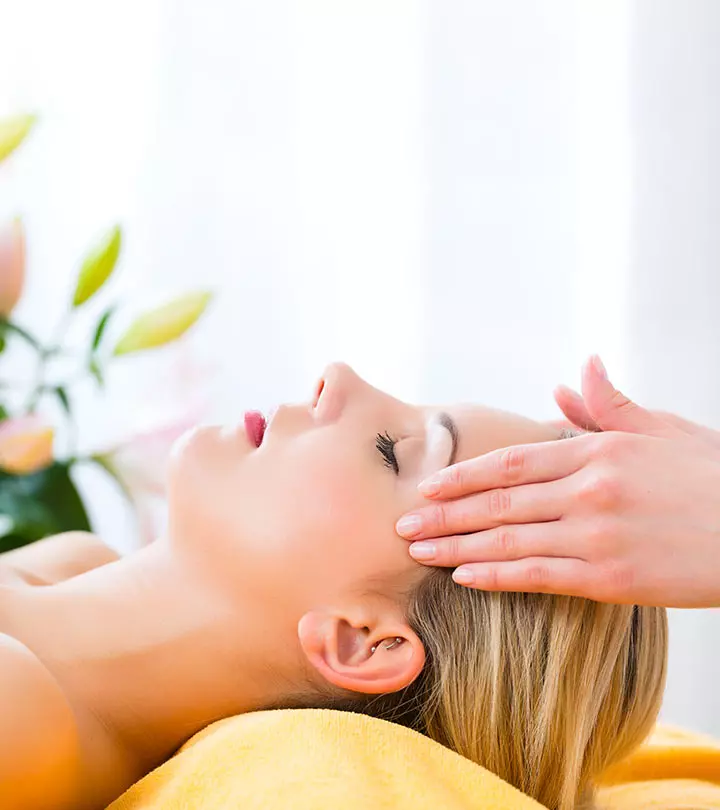
Image: iStock
Some of us hair fiends will move mountains to discover how to get rid of hair fall. Experimenting with different hair products is one thing, but getting rid of hair fall using acupressure is a genius move to make! There are many kinds of gentle and chemical-free hair and scalp products on the market that promote solutions for dandruff, hair fall, and many such problems. However, they don’t show satisfactory results, thanks to constant environmental pollution and our lifestyle stressors in general. That’s when acupressure steps in to provide the deep and traditional style of nourishment.
Finding pressure points in the scalp and massaging it regularly the right way will stimulate hair growth and increase blood circulation, leaving you calm and at peace (1). You can use many nutritious oils like olive oil to moisturize your scalp as well as manage nutrition-related hair loss. In addition, there are different forms of acupressure therapy like cupping, gua sha therapy, and deep-tissue massages that can restore your body’s lost metabolism and stimulate hair growth. Keep scrolling to know all about them!
 Did You Know?
Did You Know?In This Article
How To Do An Acupressure Massage? What Is Acupressure?
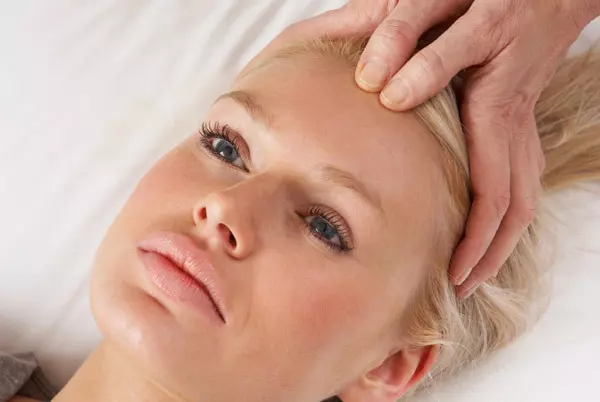
What steps do people actually take to cure hair fall? Do they think alternative medicine can be a solution to their hair problems? The answer is simple. People try all possible methods to reduce hair fall but rarely do they think about alternative medicine as a solution. Alternative medicine means traditional medicine or treatments that were practiced from time immemorial. Such a time-tested practice is acupressure. In acupressure, firm pressure is applied to the affected areas to cure the problem. Acupressure is similar to the hot oil massage, but oil is not used during acupressure. Only the scalp is massaged using various hand movements to make you stress-free and cure your hair fall problem. You can try out acupressure and see the difference yourself.

Acupuncture is one exceptional way, and one can notice exceptional results very quickly. The use of acupressure dates back to 1600 BC and has been used in Chinese culture to treat various body ailments. Clinical use of acupressure relies on the concept of Traditional Chinese Medicine (TCM). Acupressure was a common form of treatment in the ancient world. Though acupressure is a pre-scientific practice, it still has practical relevance in the modern times. Japanese refer to acupressure as shiatsu massage. Here are some benefits of acupressure.
- May stimulate blood circulation in the scalp.
- May remove all toxins, dead skin cells, and dandruff from the scalp.
- May reduce stress, which also causes hair fall.
- May help oxygen and nutrients to flow into the scalp.
Traditional Chinese Medical Theory describes special acupressure points which lie along meridians or channels in our body. It is believed that vital energy or a life force called qi (chi) flows through these invisible channels. It is also believed that these 12 major meridians connect special organs or networks of organs, and create a system of communication throughout the body (2). The meridians begin at your fingertips, connect to your brain and then connect to an organ associated with a certain meridian. According to this theory, when one of the meridians is blocked out or goes out of balance, illness or pain can occur. Acupressure and acupuncture can help to restore balance in such a case (2), (3).
Note: There is not enough research available on acupressure, unlike acupuncture (whose benefits are well-documented). However, both treatments are similar and offer comparable benefits.
Key Takeaways
- Acupressure can stimulate specific points on the scalp, which increases blood flow to the hair roots.
- Acupressure massages with oils may help inhibit the DHT hormone, which causes hair loss.
- It also improves metabolism and removes toxins from the body, boosting hair health.
- You can further increase the benefits of your acupressure therapy by using hair growth-promoting natural oils.
How To Get Rid Of Hair Fall With Acupressure?
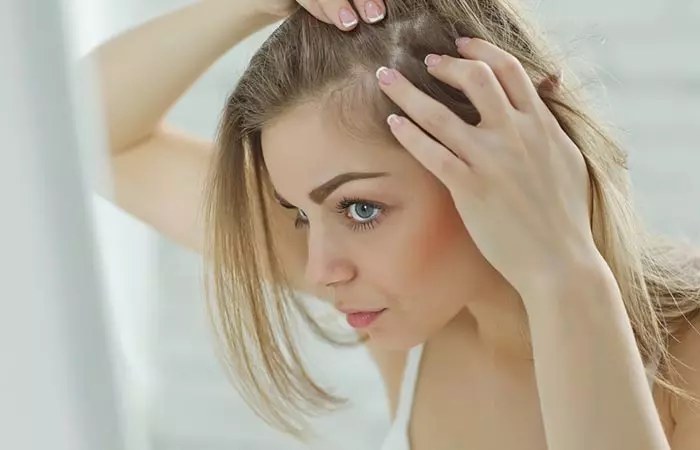
Acupressure massage aids in healthy hair growth as well as hair strengthening of your existing hair. It is recommended to enhance the acupressure massage’s benefits of olive oil. Scalp acupressure massage with olive oil reduces the DHT hormone, which is responsible for hair loss (4), (5). The natural ingredients of olive oil reduce the development of DHT i.e. Dihydrotestosterone on the scalp, thereby promoting hair growth.
Dihydrotestosterone or DHT is a natural metabolite of the male sex hormone testosterone. DHT occurs naturally in men and women since both genders have testosterone. DHT plays a significant role in androgenic alopecia, a common cause of hair loss (6). Androgenic hair loss often referred to as male pattern baldness, can cause hair loss in both men and women. In this type of hair loss, the hairline gradually recedes, creating a ‘M’ shape. Other than genetic reasons, the main hormone responsible for baldness is most notably the DHT. The hair follicles on the front and on the crown of the head have receptors for DHT, so there is acute hair loss in these areas of the scalp. But the hair on the back of the head and the sides generally remain intact.
The health of your hair is directly linked with the supply of blood and functioning of adrenal glands. To flaunt thick and healthy mane, there should be ample supply of blood to the hair and scalp. Acupressure helps in boosting the immune system and blood circulation (3). It revitalizes the scalp to encourage healthy re-growth and also inhibits hair loss. Treating the body with acupressure points for hair growth also helps in flushing out toxins, increased blood circulation to the face and maintaining the overall health of your blood. It also clears the scalp from dandruff, dead skin cells, and other debris.
Since acupressure can help to cure hormonal imbalances in the body, it can also help in hair regrowth by restoring balance. So let’s focus on how an acupressure massage is actually done to cure hormonal hair loss!
Acupressure Massage – How To Do?
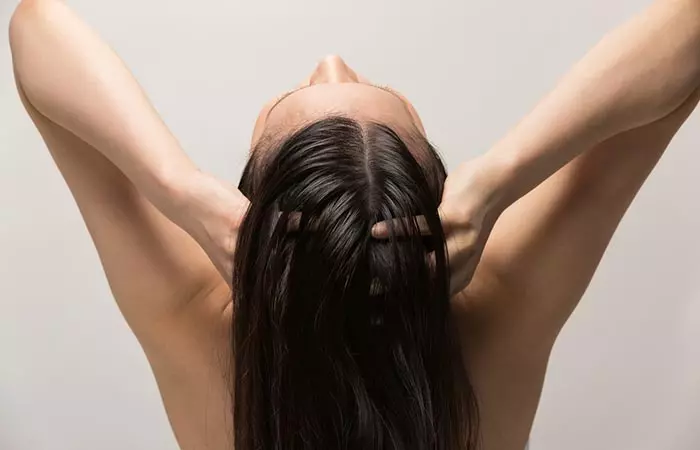
There are numerous pressure points in the human body that have been used for hair growth. Out of these, the ‘Paihui Spot’ located on the head, right on the top is most crucial. In order to boost hair growth, this pressure point must be stimulated and rubbed several times during the day, followed by a good and relaxing head massage. This process invigorates the blood vessels in the head and scalp, thus supplying the hair follicles with sufficient oxygen and nutrients. The entire process creates a favorable environment for new hair growth. Some of the acupressure points for hair growth are also located on the stomach, back, and abdomen.
An acupoint can be stimulated with different methods. Acupressure and acupuncture are both used to stimulate acupoints. Acupuncture uses a hair-thin needle to stimulate acupoints, whereas acupressure uses a firm pressure to massage the acupoints. A hot oil massage or hair spa at a salon is a great for scalp relaxation. Some spa therapists use acupressure while massaging the body and hair, no wonder you feel great after a spa session!
Here is a simple step by step guide to achieve benefits of acupressure for hair fall:
- First, twirl your strands of hair around your finger giving a gentle tug on to the roots. This will help to stimulate nerves of your scalp. Follow this technique for your entire scalp.
- On your scalp around a distance of 6 to 8 fingers above your eyebrow is located the ‘Seat of Bliss’. This part of your scalp is slightly softer than the rest of your skull.
- Start massaging lightly by making circular strokes at the seat of bliss with your fingers before moving out to the rest of your skull. Make the strokes a bit firmer as you branch out from the soft part of your head.
- As you move out from the seat of bliss, it’s time to concentrate on the occipital ridge. It is a point where the muscles join the skull. This part is on your hairline just above your neck. It is a very powerful acupressure point, which relaxes you instantly from stress. Apply pressure with your fingers or thumb on this point and hold on for some time. If you hold on for a few minutes, you will get a deep release. As soon as the deep release happens, you will feel the flow of blood and all your stress and tension vanish.
- Next, you need to draw a line using your finger from this acupressure point to the middle of the scalp. There are numerous acupressure points located on this line. Gently stimulate them by applying light pressure using your finger pads. Keep doing this till you reach the bottom of your hairline.
- Don’t forget to concentrate on the edge of your hairline framing your face. Massaging these points will not only stimulate growth of hair but also help you get relief from stress.
- Acupressure points are present all over the scalp. Hence, massage the entire scalp with your finger pads. Repeat this entire process till you feel these points have loosened.
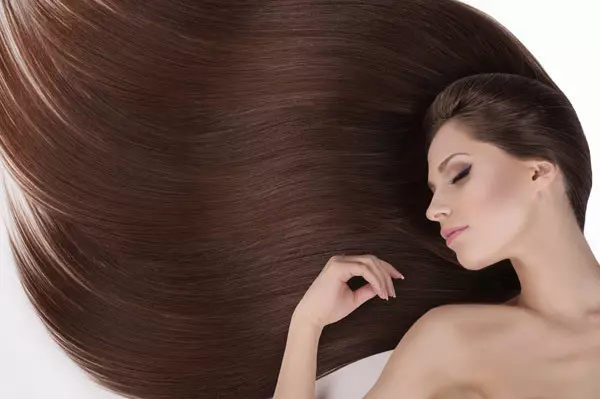
The governing vessel meridian is located along the hairline. Some acupoints are located between your ears and on the top of your head. Applying gentle pressure on these points on the scalp will not only improve blood circulation, but it will also reduce stress, dizziness, fatigue, and headaches.
Acupressure may help relieve scalp problems and reduce hair fall. Make sure the therapist is applying gentle pressure because the acupoints on the scalps connect directly to the brain.
How Does Acupressure Work?
Acupressure works by placing pressure on specific points on the body known as qi. Application of pressure requires precision because 365 acupoints are located on the major channels. Just like the circulatory system’s network of blood vessels, each acupoint or channel of energy has a network of connections.
Different techniques are used to affect qi in the channels. These techniques include:
- Tonify
- Disperse
- Calm
Weak qi requires tonifying, a blocked qi will be dispersed, and an overactive qi would be calmed.
The gentle pressure applied to the pressure points is often held for several seconds to minutes. Pressure may be applied in circular movements, pushing the acupoint in and out or a combination of different movements. Although the points are very sensitive, acupressure should not be painful. Depending on the nature of the problem, acupressure is administered every alternate day or daily.
Methods To Stimulate Acupoints
Some other common therapeutic methods used to stimulate acupoints include:
1. Deep Tissue Massage
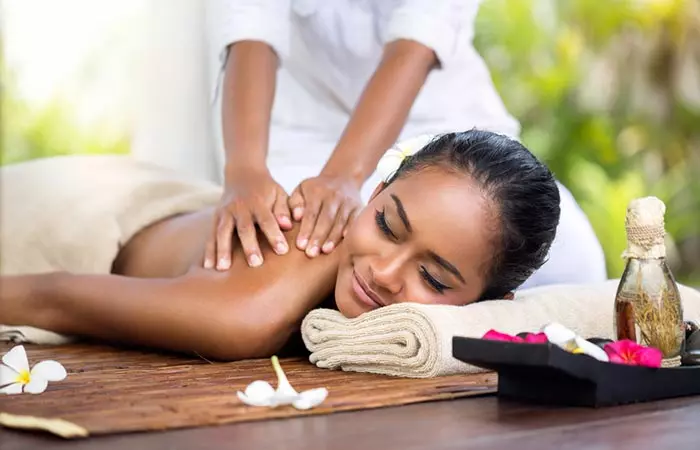
Deep tissue massage is a type of massage therapy that focuses on realigning deeper layers of muscles and connective tissue. It is helpful for chronic pains like stiff neck and upper back, low back pain, leg muscle tightness and sore shoulders. The strokes are similar to that of a classic massage therapy, but the movement is slower, and the pressure is deeper or concentrated on the areas of tension and pain. This pressure is applied deeper to reach the sub-layer of muscles and the connective tissue. While doing a deep tissue massage, the therapist uses massage oil and some pressure to reach the deep muscle layers. The muscle needs to be completely relaxed for this treatment.
2. Laser Acupuncture
There is not much difference between acupressure and acupuncture, except the use of needles. Those who are afraid of needles, generally avoid acupuncture. However, there are various other methods to remove the toxins and negative energy from the body without needles. Some of them are micro current, magnetic treatments and Laser acupuncture. Laser acupuncture is gaining popularity in Europe, Asia, and the United States. Most lasers used in acupuncture are low-level lasers or cold lasers, because they don’t produce heat. Low-level lasers can regenerate cells, decrease pain, reduce scalp inflammation, improve circulation and stimulate hair growth (7).
3. Cupping Therapy
Cupping Therapy is a form of alternative medicines in which cups are placed on the skin to create suction. The cups can be made up of variety of materials including:
- Glass
- Bamboo
- Earthenware
Supporters of cupping therapy believe the suction of the cups improves blood flow to help in healing a broad range of medical ailments (8). This cupping therapy dates back to ancient Egyptian, Chinese and Middle-Eastern cultures. Some feel that cupping therapy doesn’t help at all. So more studies need to be done in this field to prove that cupping therapy has concrete health benefits.
4. Gua Sha Therapy
Gua Sha means ‘scraping sha-bruises’, it is a traditional Chinese medical treatment in which the skin is scraped to produce light bruising. Practitioners of Gua Sha believe that bruises inflicted on the skin releases unhealthy elements from injured areas and stimulate blood flow. Gua Sha is also practiced in India, where a metal spoon and water are used for skin lubrication.
 Did You Know?
Did You Know?Some people believe in the effectiveness of alternative medicine, many people don’t. Since the above-mentioned types of acupressure or acupuncture were practiced in the ancient world and often form the part of folk medicine, it is shrouded in myths. More study is required in the field of alternate medicine, to remove the doubts and establish faith in these therapies. Since, medicines are not just enough to cure a disease, a person needs to get deep into the root of the problem and resolve it.
Does Acupressure Really Help?
There is very little research evidence to show that acupuncture and acupressure can actually reverse hair loss. There are many factors that lead to hair loss in men, like stress-related hair loss and electromagnetic radiation. Hair loss can be associated with Polycystic Ovary Syndromei A condition where certain genetic or environmental factors cause the ovaries to grow larger than usual with cysts on their outer surface. in women, and systemic lupus erythematosusi A condition where the immune system attacks its own tissues and can affect the skin, kidneys, blood cells, joints, heart, brain, and the lungs. (SLE) in both sexes. If the reason behind hair loss can be traced, then both conventional and traditional Chinese medicine can prove beneficial. Chinese Medicine treats the body as a system of energy and the symptoms of a disease as rhythms and balance of the body which is disturbed. There are a number of functional elements that contribute to the health and quantity of hair, and also hair vitality. If a diagnosis can trace the reasons behind hair fall, then acupressure can help in hair regrowth to some extent.
You have to be really patient to observe the results of acupressure, since the progress is good but very slow. You have to attend many sessions of acupressure to observe changes in your hair quality.
Acupressure is a great way to get rid of dandruff and hair fall. Practitioners of Traditional Chinese Medicine treat dandruff by evaluating and correcting any underlying imbalances. The herb Heshou Wu is used to treat gray or thinning hair, you can also treat dandruff by fortifying the scalp. Washing and stimulating the scalp can help to reduce dandruff and improve the quality of hair. Combing your hair gently or trying to use a brush while showering can also stimulate the acupoints and release the life force qi. This life force qi can fight negative energy in the body and ensure good health. When you have good health, your skin and hair quality also improves.
Is Acupressure Always Safe?
Acupressure is not age-restrictive, people with high blood pressure and pregnant women should refrain from acupressure therapy. Since, there are specific acupressure points that can cause miscarriage.
Acupressure is not used to treat:
- Open wounds
- Scar tissues
- Varicose veinsi A generally benign condition that makes the veins in the legs and feet become gnarled and enlarged.
- Areas of inflammation and swelling
For these above-mentioned problems, there are other Oriental therapies like herbs and essential oils that can help you stop hair fall.
Keep reading to learn about some side effects.
Side Effects Of Acupressure For Hair Fall
According to anecdotal evidence, people with blood clotting disorders, infectious skin conditions, fragile bones, acute pain, pregnancy, or certain medical conditions like advanced heart disease should avoid acupressure. Individuals with recent surgery or severe psychological conditions should also consult healthcare professionals before trying acupressure.
While acupressure boosts circulation and promotes hair health, relying solely on it to reduce hair fall may not be ideal. Some drawbacks of acupressure include:
- Delayed Intervention: It can delay more proven treatments for hair fall, such as iron supplements, Minoxidil, anti-androgens, etc.
- Insufficient Evidence: Scientific research on acupressure for hair fall is limited, and outcomes may not be consistent.
- Misdiagnosis: Underlying factors like genetics, hormonal imbalances, nutritional deficiencies, or medical conditions causing hair loss may go undetected if one relies solely on acupressure.
- Possible Discomfort: In some cases, pressing acupressure points may cause discomfort or bruising.
It is true that there are numerous hair fall and hair growth treatments and shampoos available in the market. Many go for conventional treatments for all their ailments; they don’t even consider alternative therapies. Do give acupressure a try some time, but you really need to believe in this therapy and also be patient with the results. Following this acupressure treatment for hair loss will augment the flow of blood, nutrients and oxygen to the scalp. Proper supply of oxygen and blood to the scalp will not only nurture it from within, but this will also give you healthy and shiny tresses.
Infographic: How To Perform Acupressure Head Massage To Control Hair Fall
There are various acupoints on the body that one can stimulate for different benefits. Certain crucial acupoints located on the head, when stimulated, may help control hair fall. The process also doubles as a head massage that relaxes the scalp and relieves stress. In the infographic below, we have discussed how you can perform acupressure head massage for hair fall control. Take a look.
Some thing wrong with infographic shortcode. please verify shortcode syntax
Constant exposure to pollutants and a poor lifestyle limit the effectiveness of shampoos. If you are looking for natural alternatives on how to get rid of hair fall, you can try acupressure. Acupressure is an alternative medical treatment that requires applying firm pressure on the affected areas. Limited studies indicate that acupressure massage reduces the DHT hormone, which is responsible for hair thinning and hair breakage. Depending on the nature of the issue, you can opt for deep tissue massage or cupping therapy. People with high blood pressure and pregnant women should avoid using acupressure therapy. They may instead try out different home remedies and herbs for hair growth.
Frequently Asked Questions
Can acupressure be combined with other hair loss treatments?
Yes, you may combine acupressure with other hair loss treatments because this therapy involves applying pressure to specific points to increase blood circulation that may help promote hair growth and hair restoration. However, limited data is available to prove this claim.
Are there any side effects of using acupressure for hair fall?
Applying too much pressure on acupressure points or using incorrect techniques to perform acupressure may cause pain, discomfort, or redness on the scalp.
What are the best tools to use when applying pressure to acupressure points for hair loss?
Jade rollers, hairbrushes, fingertips, and massage balls are some of the best tools to use when applying pressure to acupressure points for hair loss.
Illustration: How To Get Rid Of Hair Fall The Natural Way With Acupressure
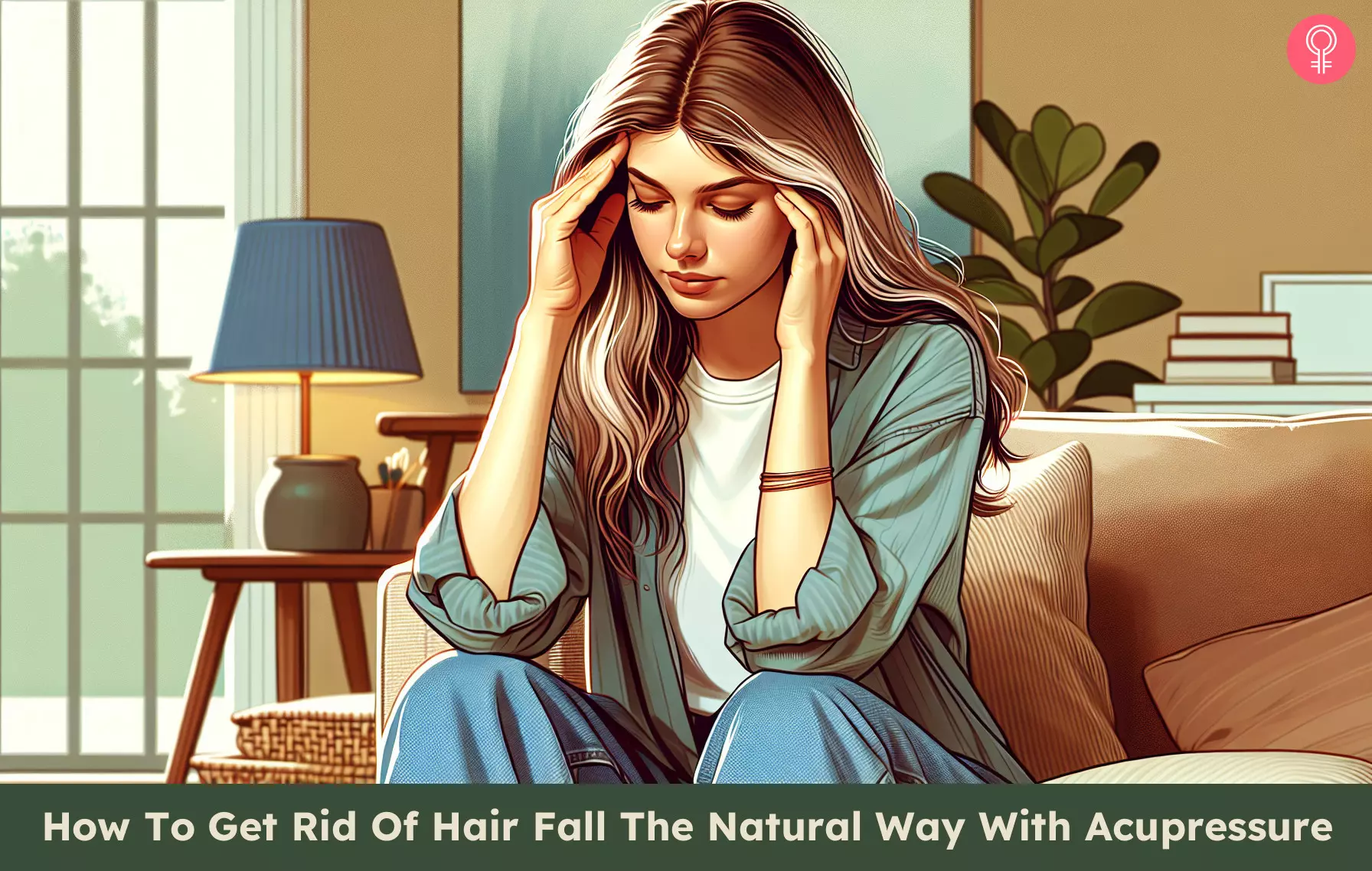
Image: Dall·E/StyleCraze Design Team
Discover the ancient art of acupressure for luscious locks! Watch this video to unlock the secrets to stimulating hair growth naturally and revitalizing your scalp.
References
Articles on StyleCraze are backed by verified information from peer-reviewed and academic research papers, reputed organizations, research institutions, and medical associations to ensure accuracy and relevance. Read our editorial policy to learn more.
- Effects for Scalp Blood Flow and Properties from Scalp Massage
https://www.researchgate.net/publication/305293718_Effects_for_Scalp_Blood_Flow_and_Properties_from_Scalp_Massage - Defining Meridians: A Modern Basis of Understanding
https://www.sciencedirect.com/science/article/pii/S2005290110600143 - Contemporary acupressure therapy: Adroit cure for painless recovery of therapeutic ailments
https://www.ncbi.nlm.nih.gov/pmc/articles/PMC5388088/ - Fatty Acids in Some Cooking Oils as Agents of Hormonal Manipulation in a Rat Model of Benign Prostate Cancer
https://pubmed.ncbi.nlm.nih.gov/31449274/ - Nutrition of women with hair loss problem during the period of menopause
https://www.ncbi.nlm.nih.gov/pmc/articles/PMC4828511/ - Cause of Androgenic Alopecia: Crux of the Matter
https://www.ncbi.nlm.nih.gov/pmc/articles/PMC4174066/ - Low-Level Laser (Light) Therapy (LLLT) for Treatment of Hair Loss
https://www.ncbi.nlm.nih.gov/pmc/articles/PMC3944668/ - The medical perspective of cupping therapy: Effects and mechanisms of action
https://www.ncbi.nlm.nih.gov/pmc/articles/PMC6435947/
Read full bio of Tiffany Young
Read full bio of Shaheen Naser
Read full bio of Eshna Das
Read full bio of Monomita Chakraborty






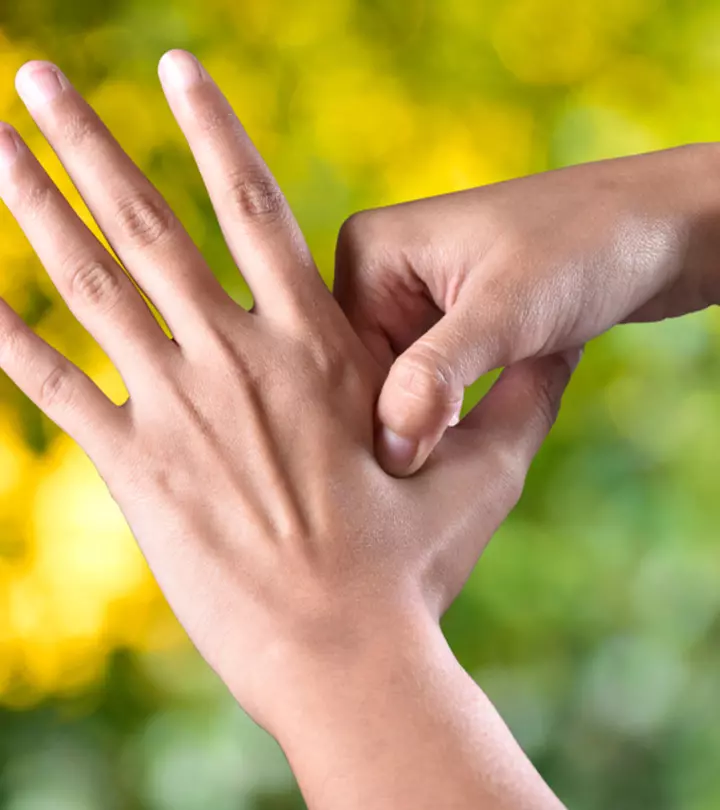
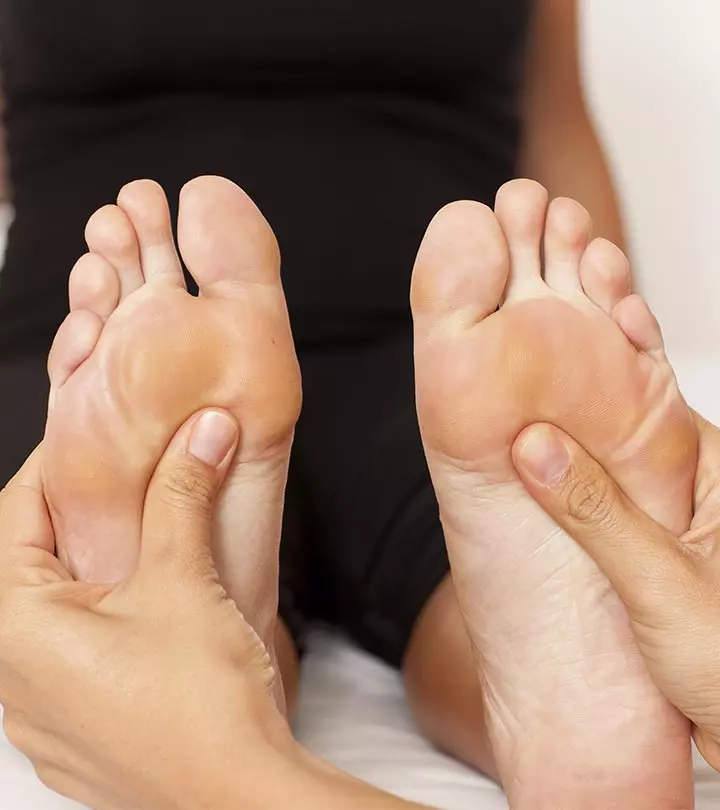
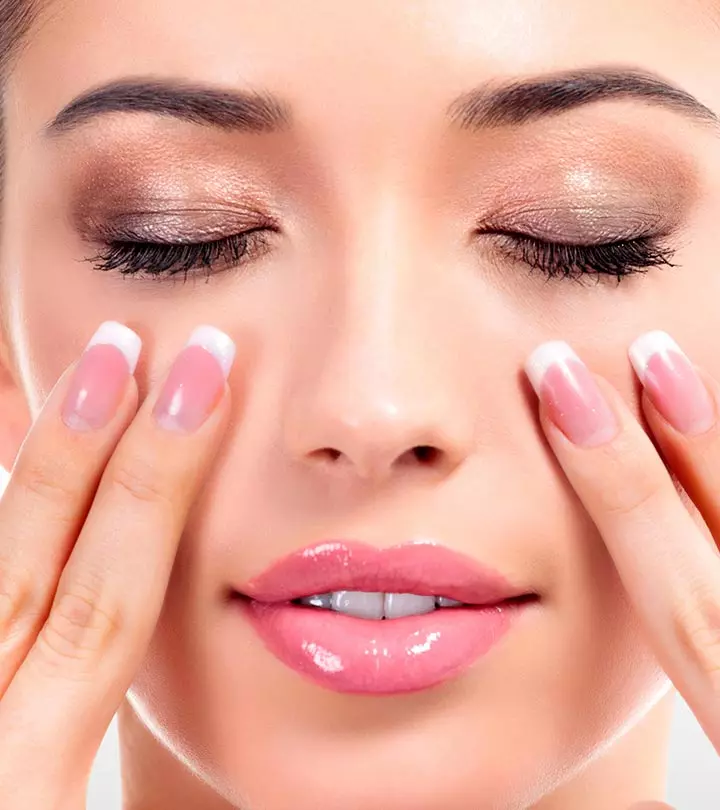
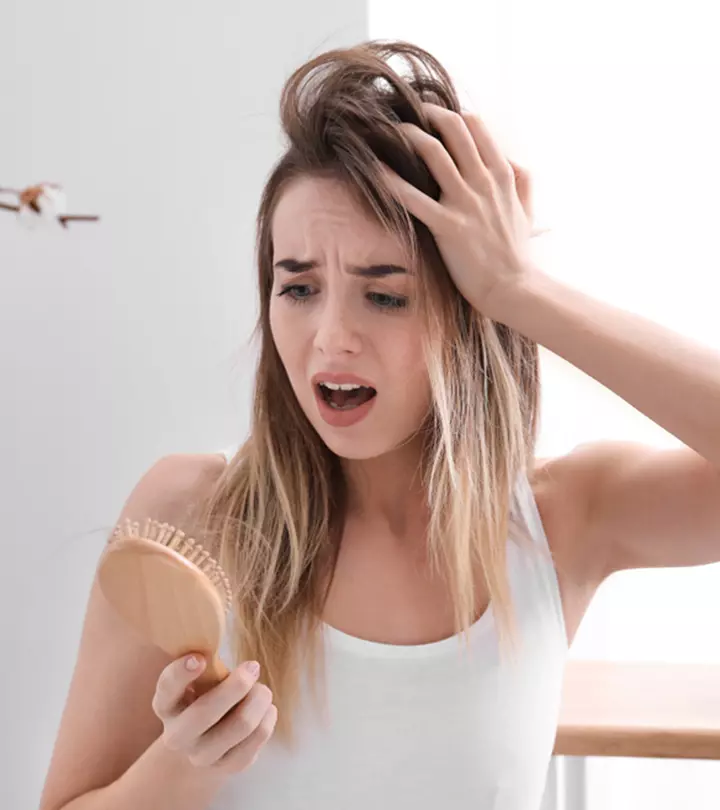
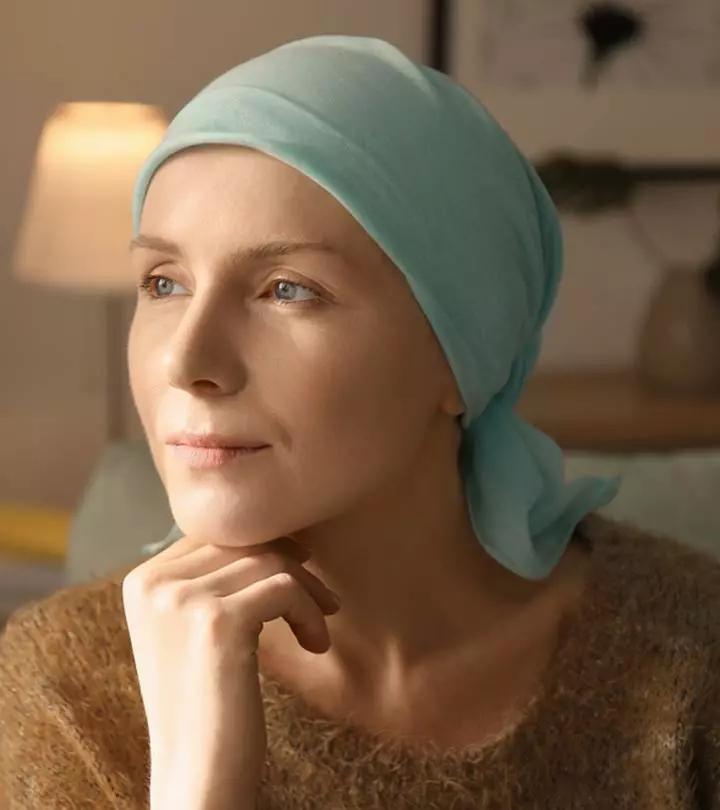

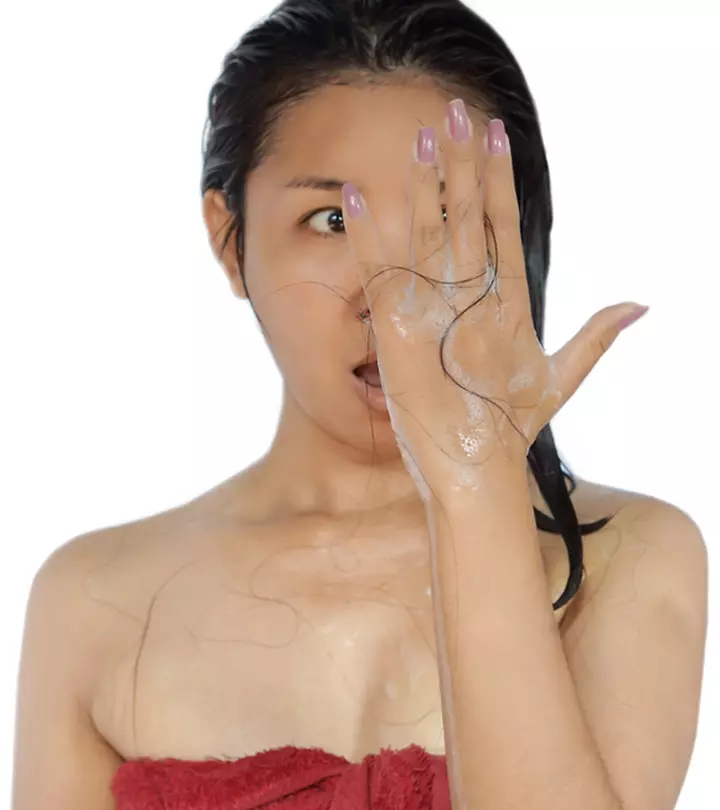
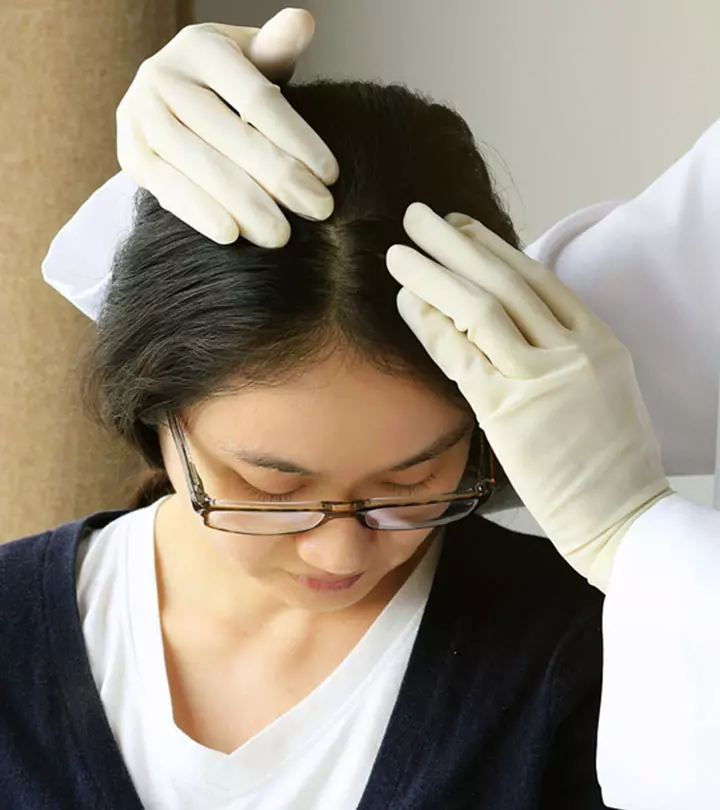
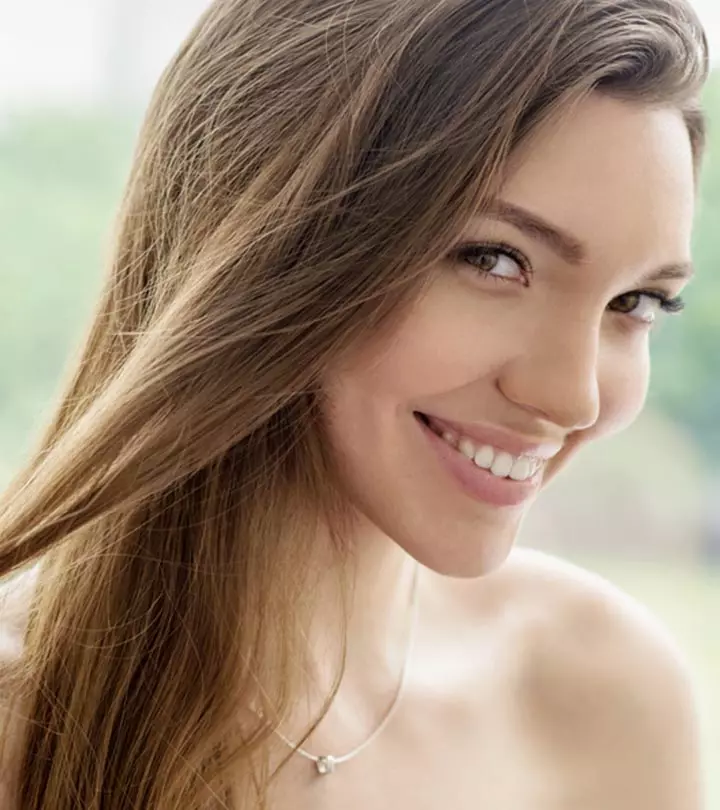
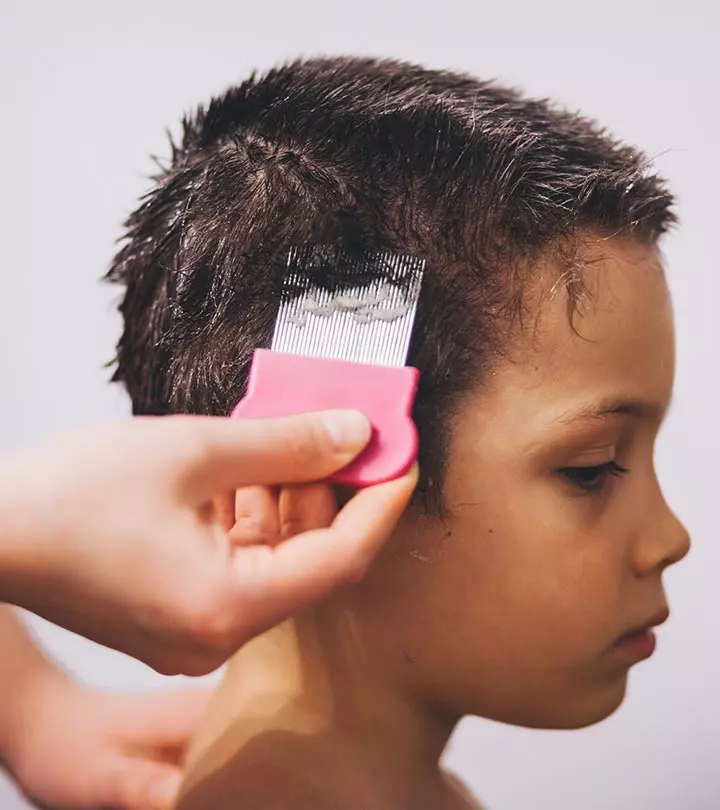

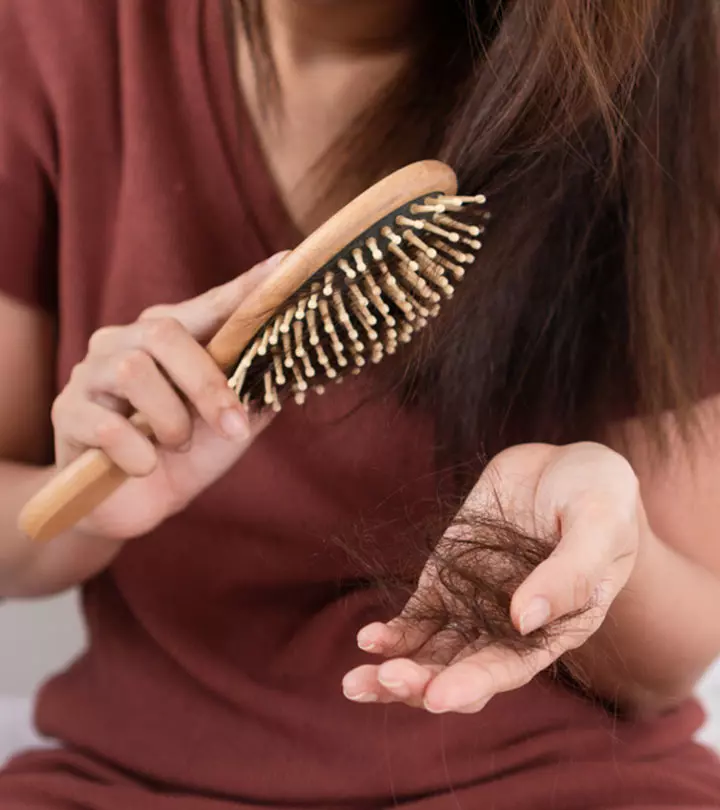
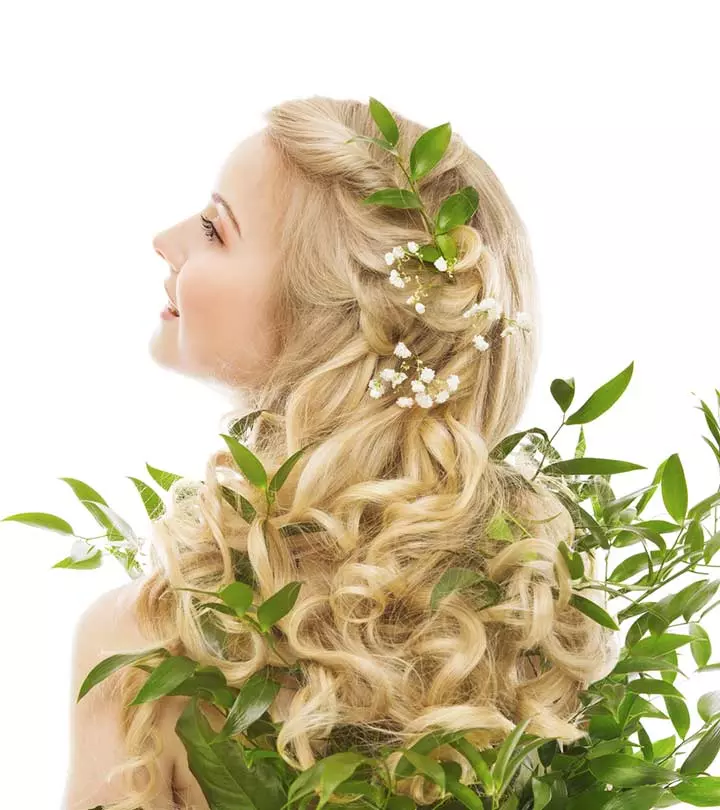
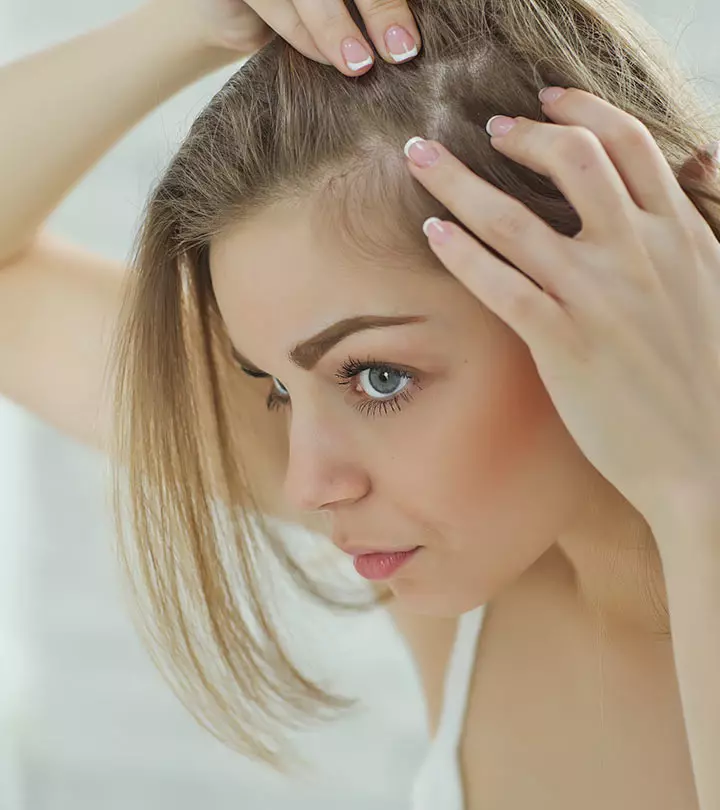
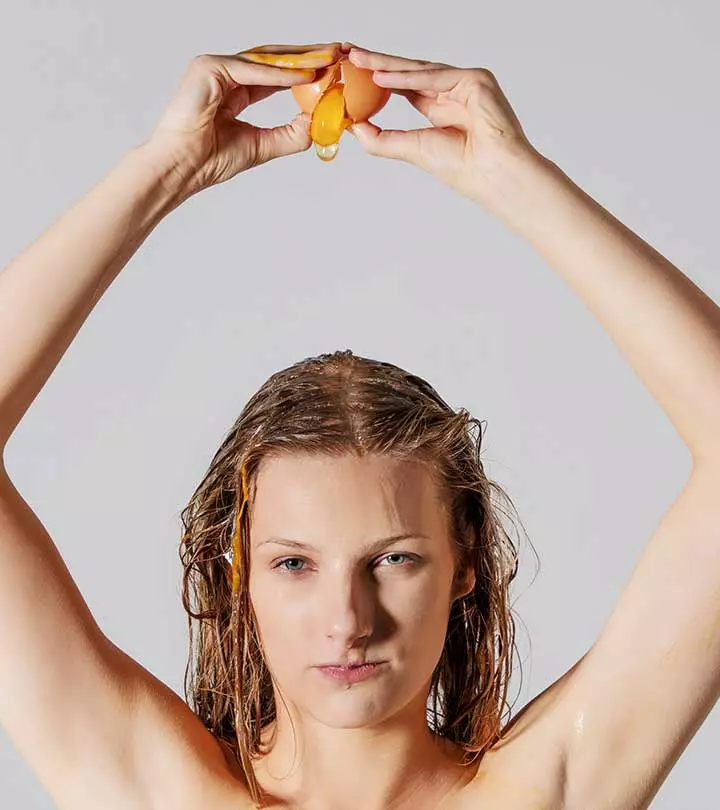
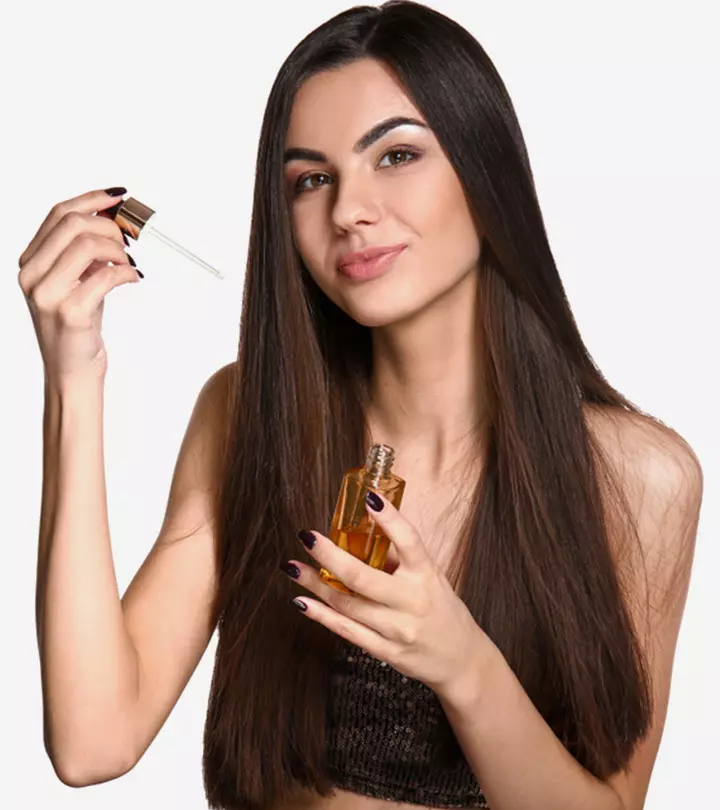
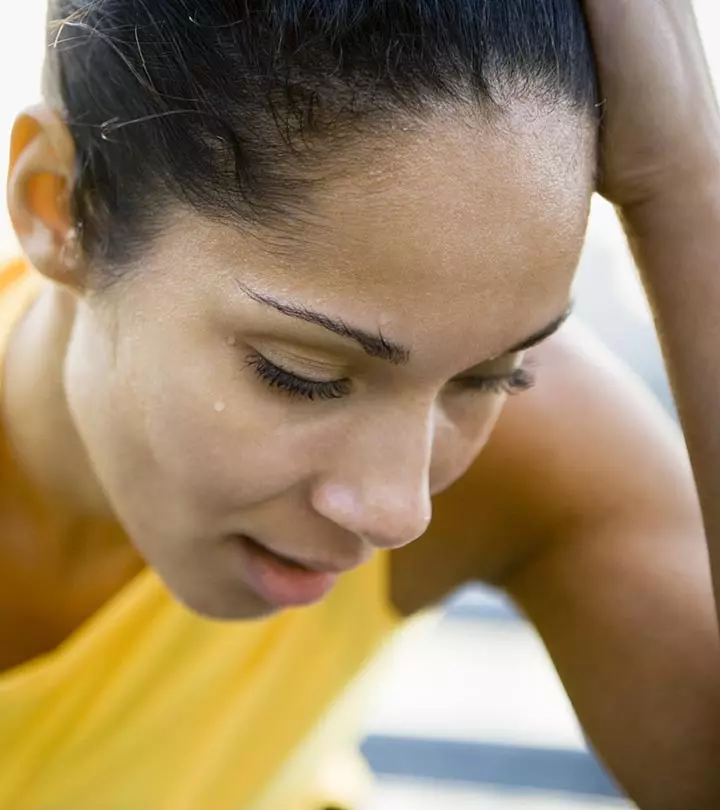
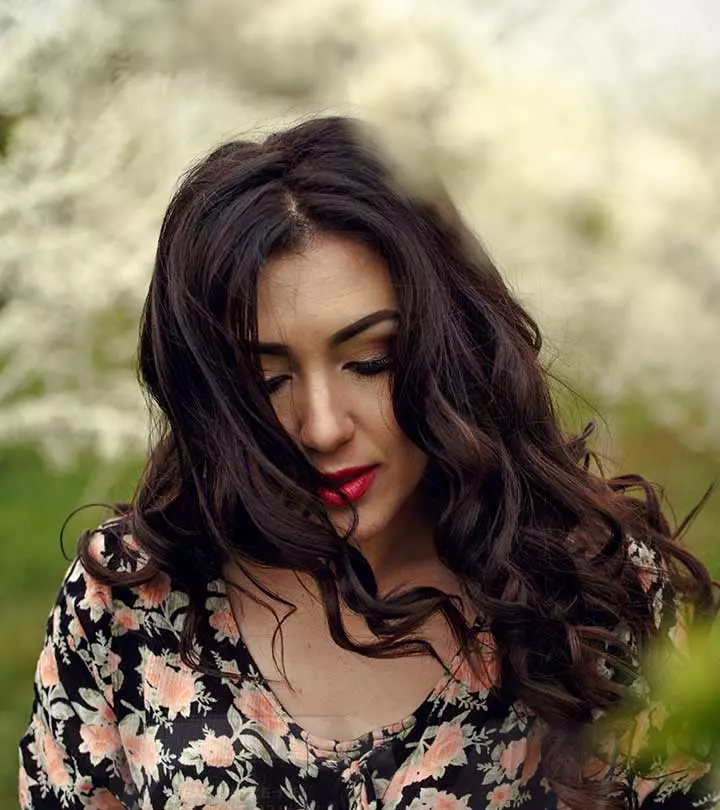
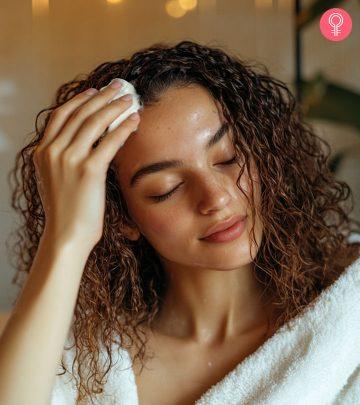
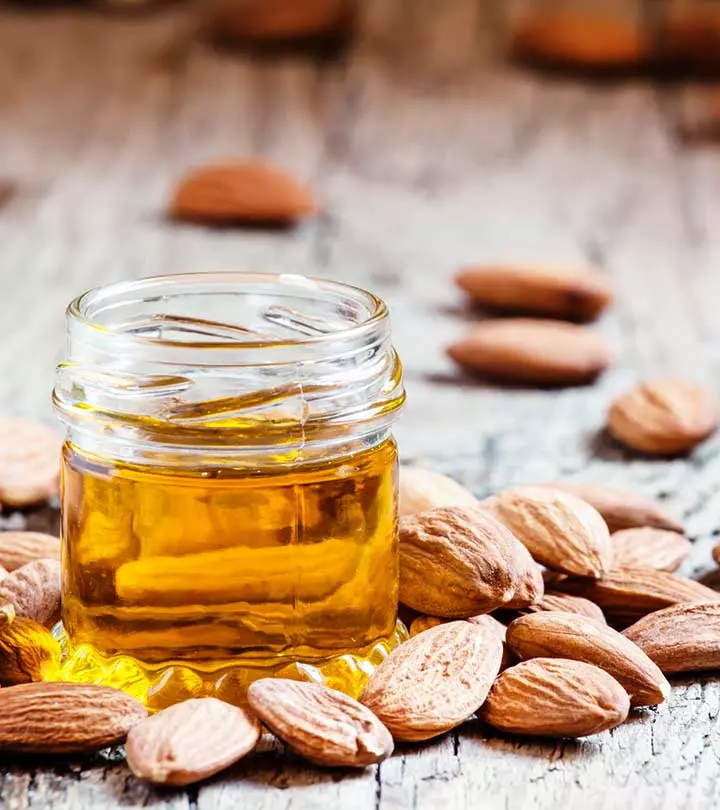
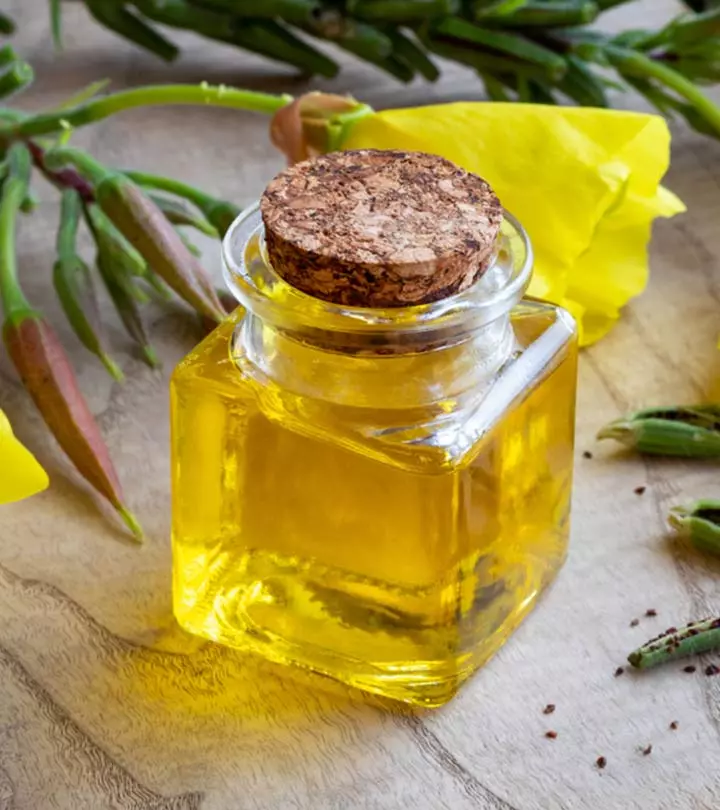
Community Experiences
Join the conversation and become a part of our empowering community! Share your stories, experiences, and insights to connect with other beauty, lifestyle, and health enthusiasts.